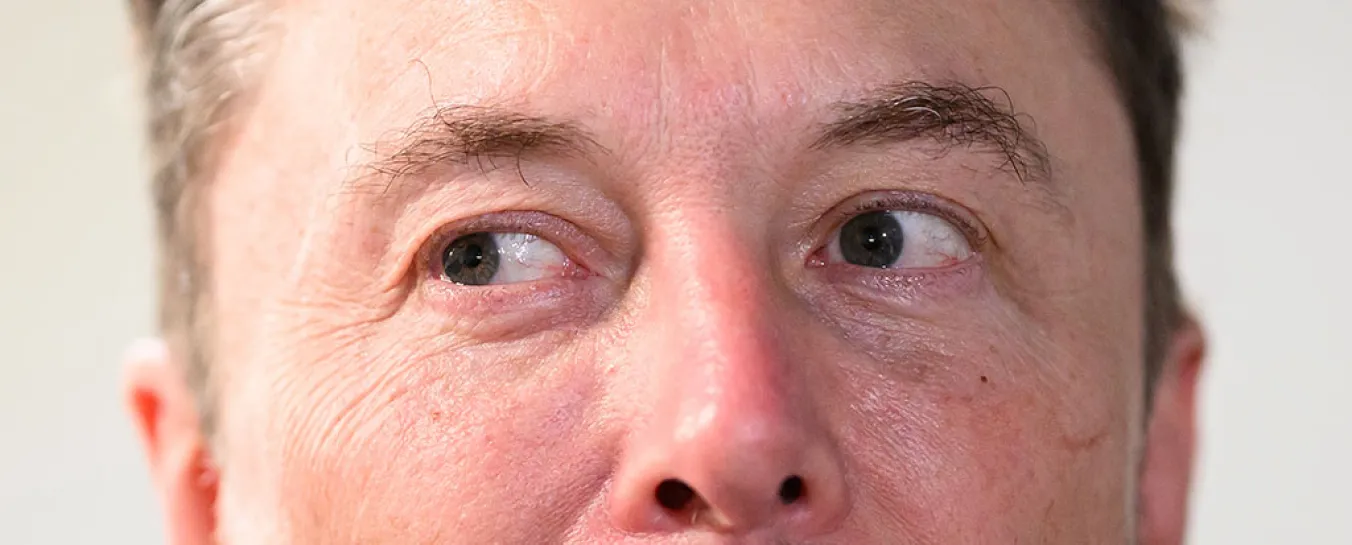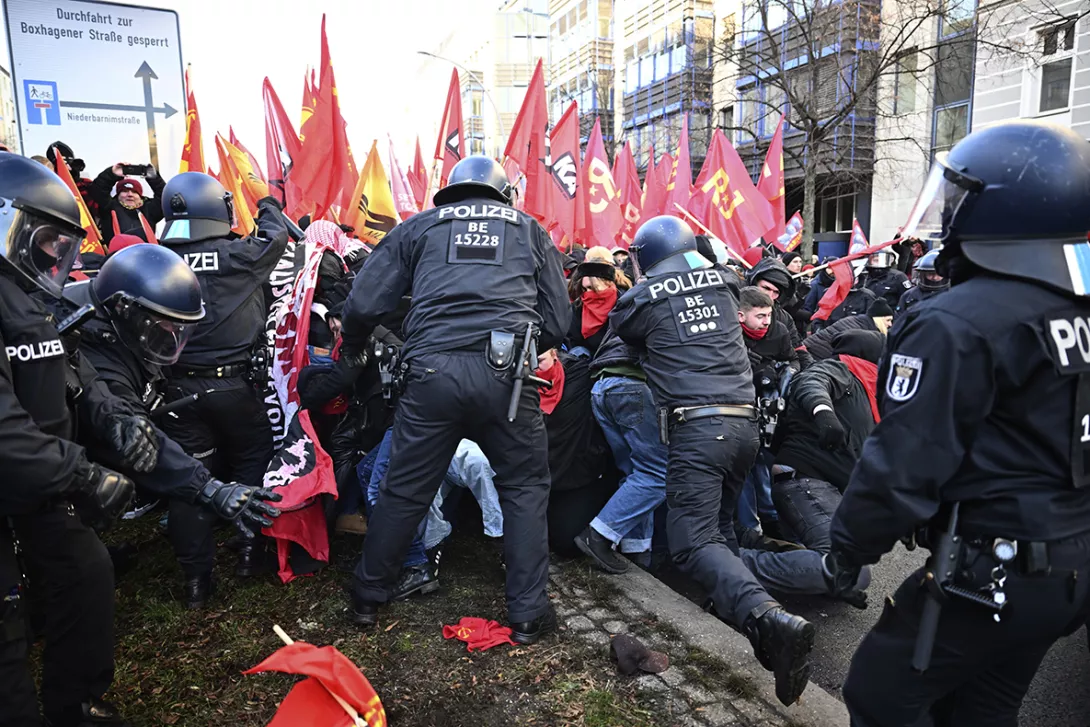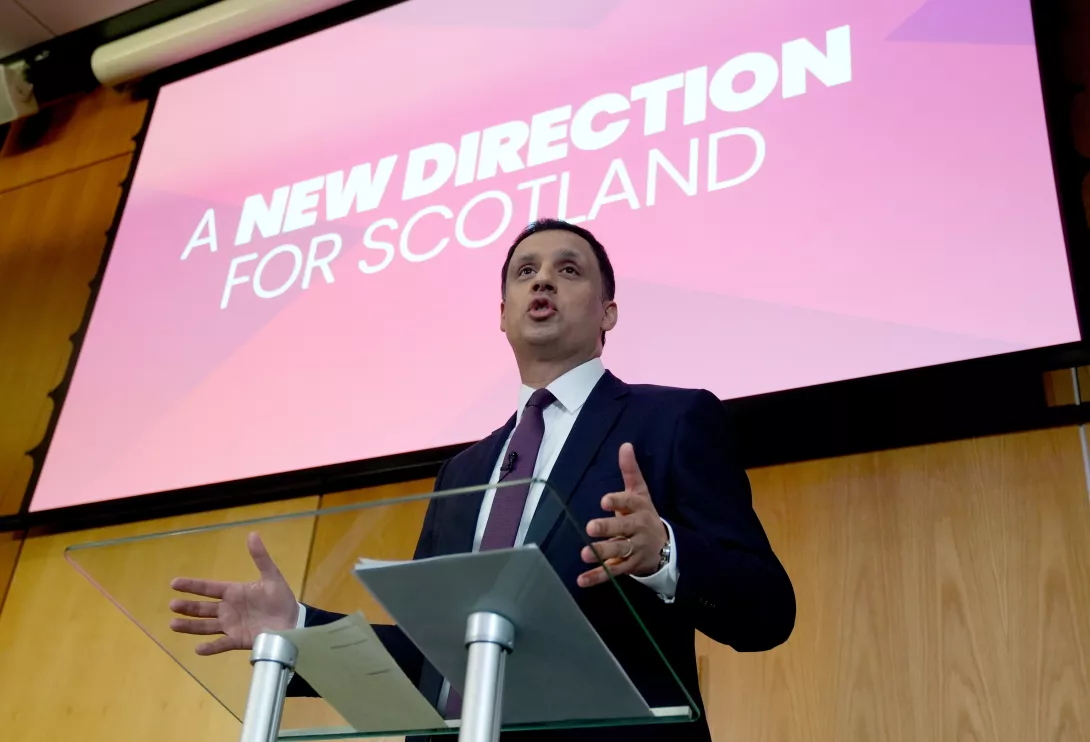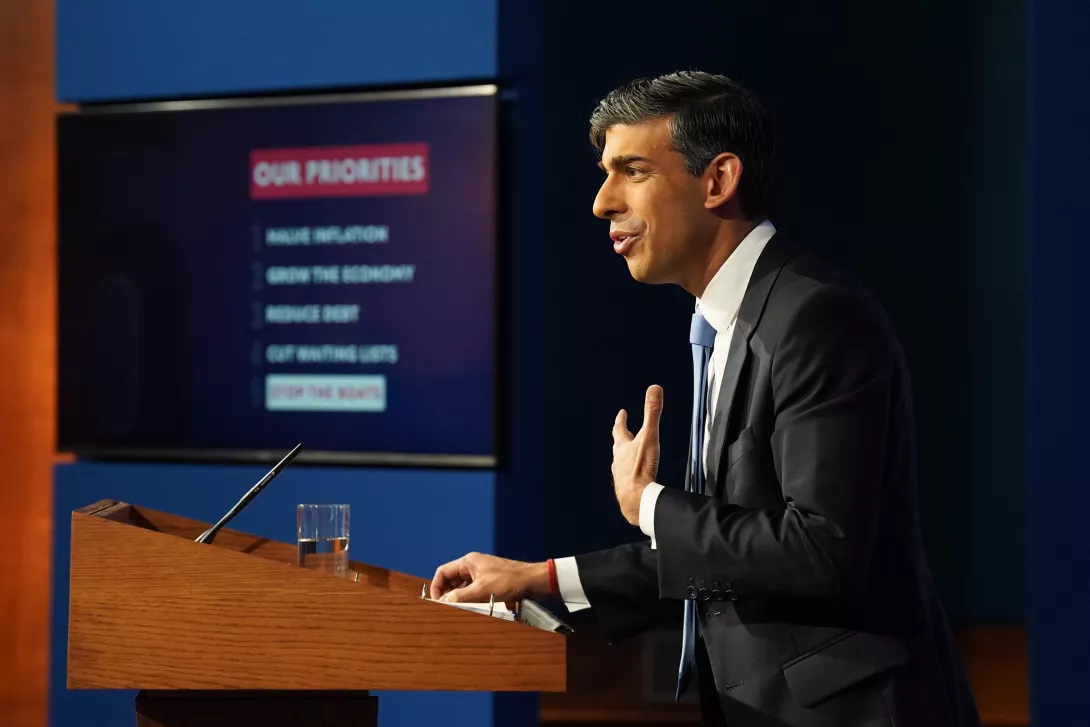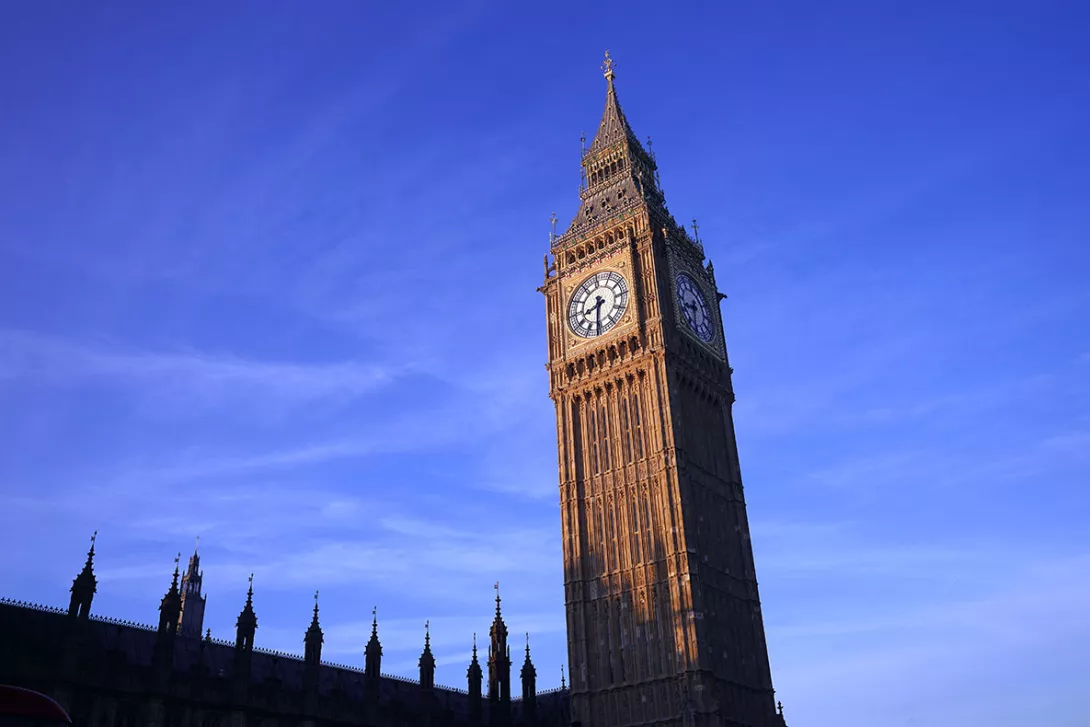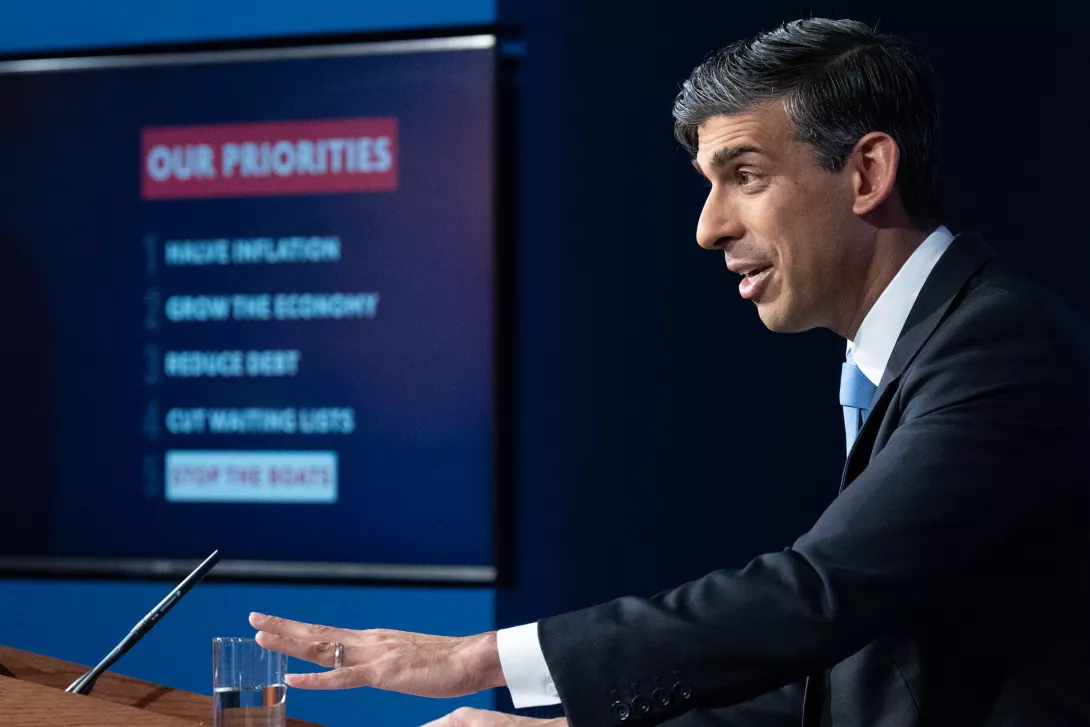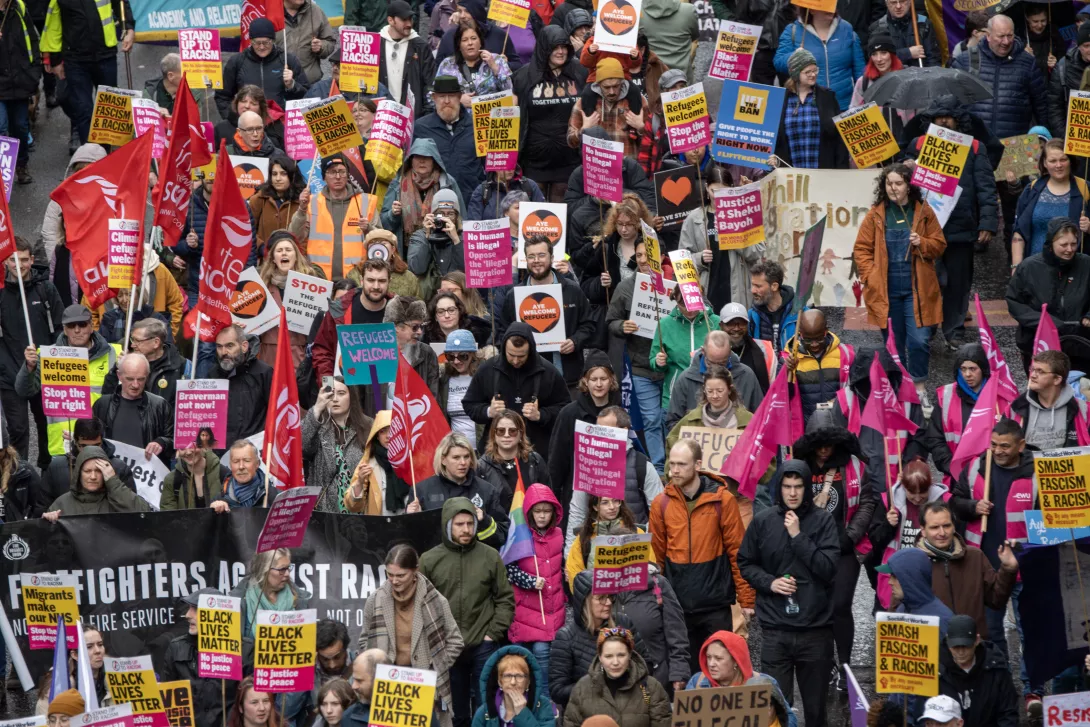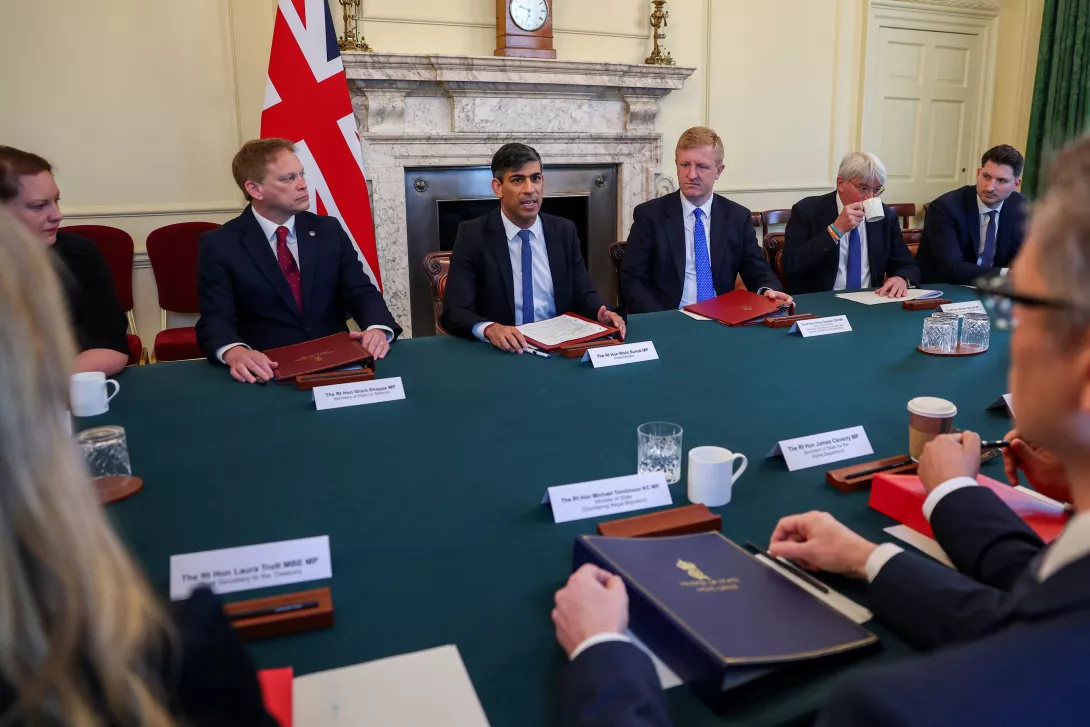
MULTIPLE narratives on racism converge on the British state this week, ranging from the serious, through the malicious, to the absurd.
The ongoing issue of police racism has been raised by the BBC’s finding that the Metropolitan Police ignored leads that could have led to a key suspect in the 1993 murder of Stephen Lawrence.
Doreen Lawrence calls for the investigation to be reopened: though a sixth attacker, possibly the instigator of the murder, is now dead, the police owe her family the truth after decades of neglect, harassment and obfuscation.
It is hard to argue that the Met has changed: only last year the notorious leaked WhatsApp messages from Charing Cross officers revealed a culture of racist, misogynist and homophobic “banter.”
Yet the accusation levelled by Campaign Against Anti-semitism chief executive Gideon Falter, endorsed or encouraged by right-wing politicians, that the Met is guilty of anti-semitic policing at Palestine demos is more problematic.
The officer’s language when confronting Falter was unacceptable, but Falter’s goal — underlined by his call for more Jews to join him on counter-protests at Palestine marches, that is, to demonstrate in defence of Israel’s war on Gaza — underlines his political motivation. To present the peaceful and multicultural Palestine solidarity demos, which have a large Jewish contingent, as anti-semitic and counter the growing public consensus that Israel’s killing must stop.
At the absurd end of the scale we have Tory minister Andrew Mitchell, who says parliamentary discussions on the Rwanda scheme “border on racism.” In this through-the-looking-glass world, deporting asylum-seekers to Rwanda is not racist, but questioning Rwanda’s appropriateness as a new home for them is.
The Supreme Court ruled last year that Rwanda was an unsafe country based on evidence of its poor handling of asylum claims, including more than 100 submissions from the UN refugee agency. It cited examples of Rwanda’s poor human rights record. It also charged Rwanda’s judiciary of a lack of independence from government, an accusation met by Mitchell today with another form of prejudice, when he indignantly pointed out that Rwandan Judge Sam Rugege is “an honorary fellow in law at an Oxford college.”
Fears over Rwanda’s suitability can only have increased since, with the UN’s top official in the Democratic Republic of Congo warning in December there is a growing risk the neighbouring countries will go to war. However, the Tories have now passed law asserting that Rwanda is safe by definition, whatever happens there, so Britain’s courts will no longer be able to quibble about its actual record.
Like the divide over Palestine, this debate illustrates the relationship between British imperialism and racism at home.
In 2014, Diane Abbott — one of just six Labour MPs to vote against Theresa May’s Immigration Act — warned that attacking immigrants would soon result in black British citizens being persecuted by the state. She was proved right in the Windrush scandal. Abbott’s continued denial of the Labour whip by Keir Starmer, a year after her own suspension in another row over definitions of racism, is an injustice all real anti-racists recognise.
The hysteria over refugees, their dehumanisation through incarceration on prison barges and deportation to foreign dictatorships, feeds rising hatred of established communities, expressed in street violence, police harassment and more.
The Rwanda scheme will worsen racism in Britain. So would any concession to the repeated ruling-class efforts to paint the Palestine solidarity movement as an “Islamist” phenomenon “taking over” our streets, which Falter seeks to encourage with the insinuation that the marches threaten Jews.
Racism is an oppressive tool in capitalist society: it is about power, not just prejudice. An anti-racism rooted in class politics, that is anti-imperialist, must be built from the ground up: otherwise, as Mitchell and Falter demonstrate, the trading of accusations can obscure more than it reveals.

